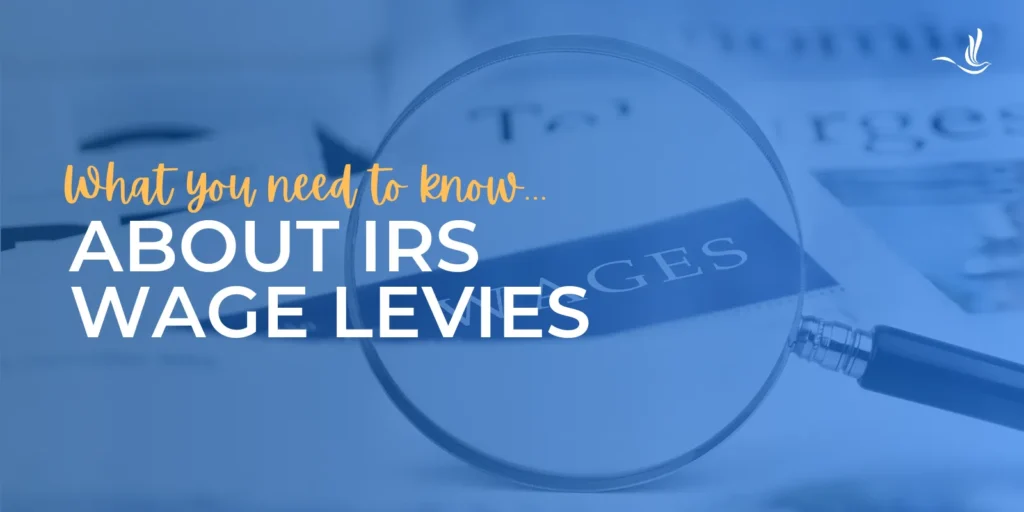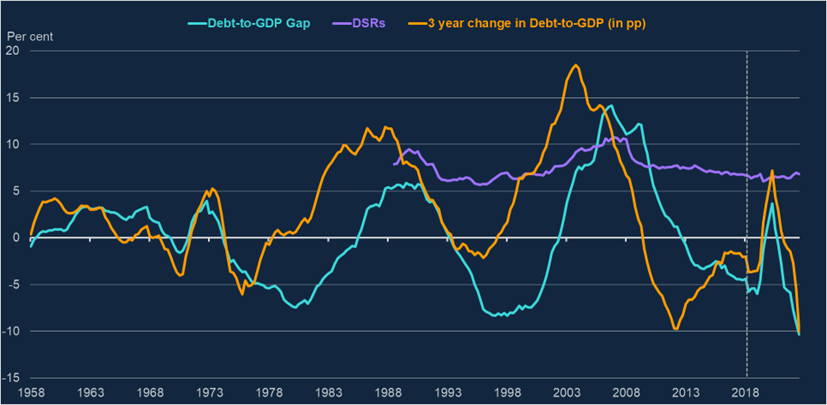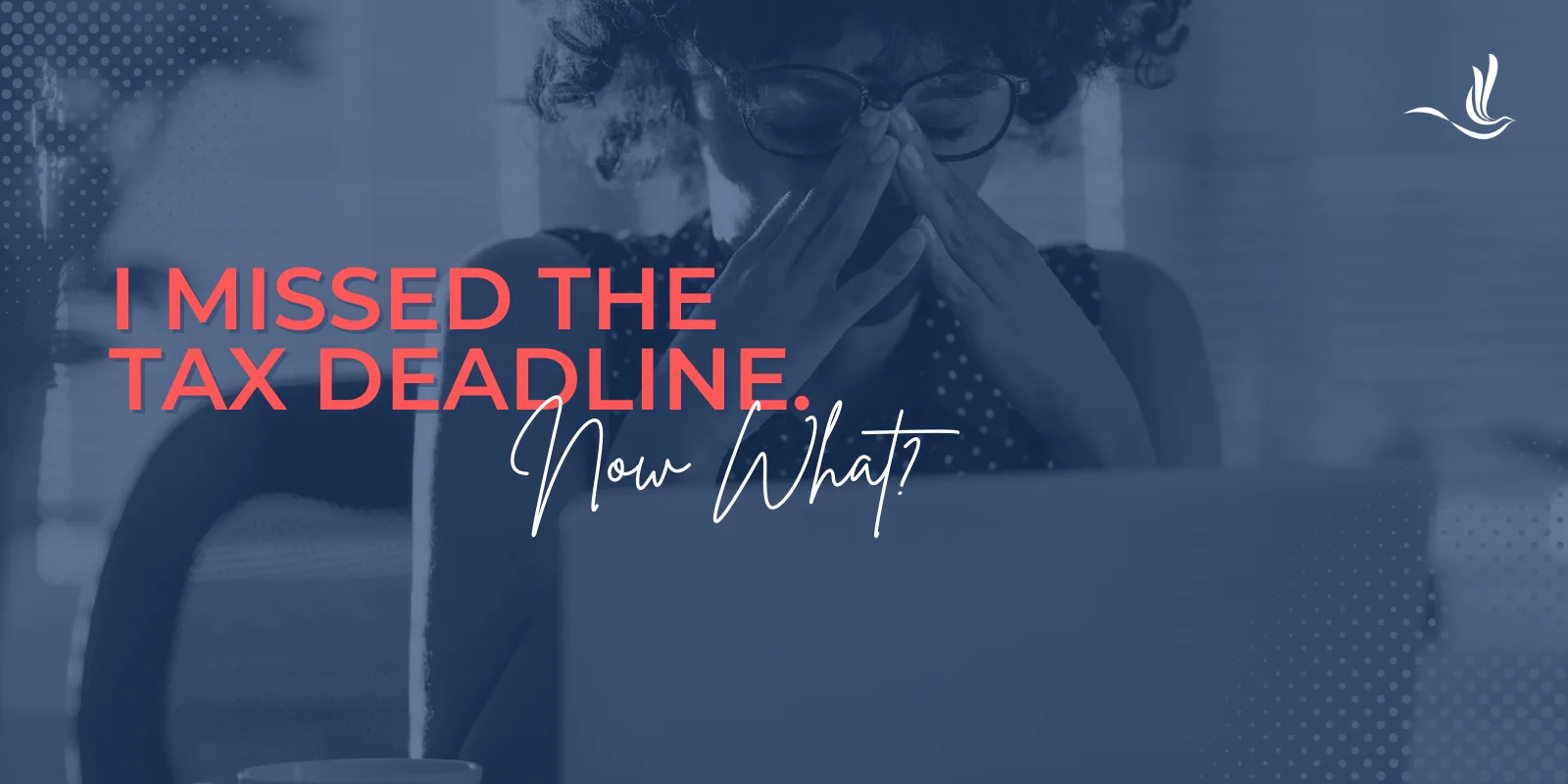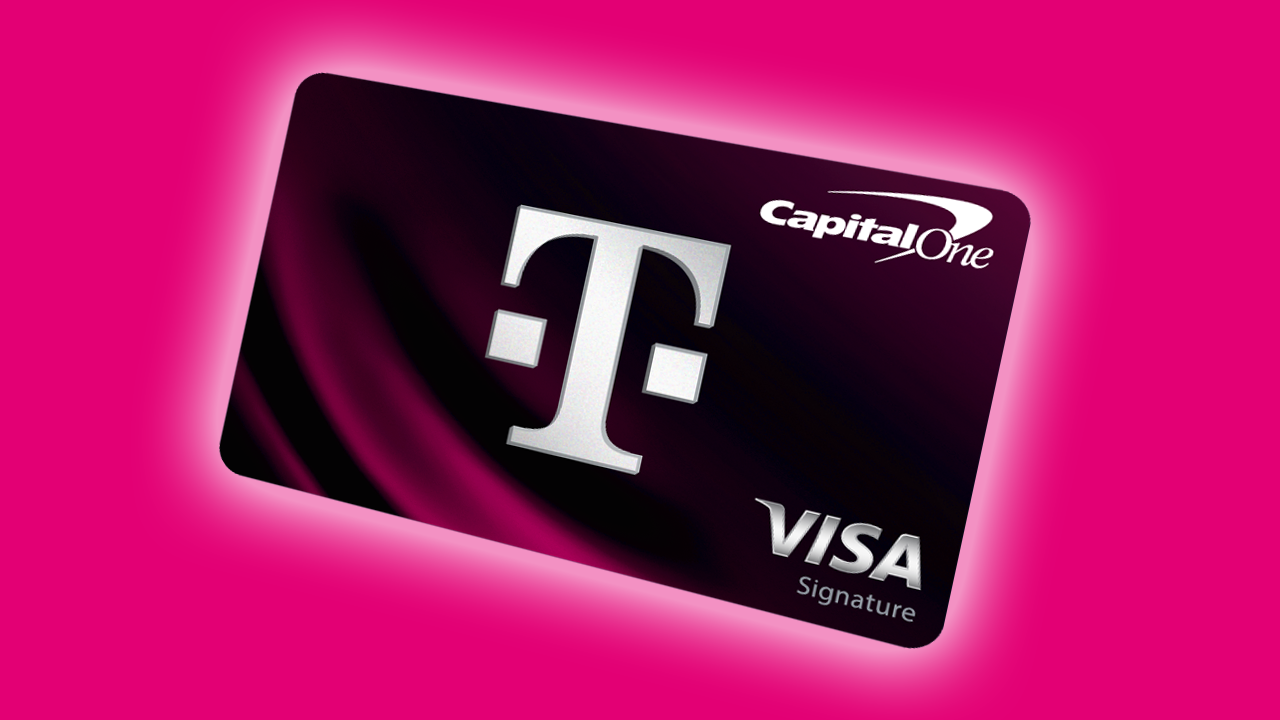One of the most severe actions the IRS can take against you is issuing a wage levy. A wage levy allows the IRS to seize a portion of your paycheck directly from your employer, leaving you with a reduced income until your debt is paid off. Understanding how wage levies work, the process involved, and your rights can help you navigate this difficult situation more effectively.
What Is an IRS Wage Levy?
An IRS wage levy, also known as a wage garnishment, is a legal action that allows the IRS to collect unpaid taxes directly from your wages. Unlike a wage garnishment initiated by a creditor, an IRS wage levy does not require a court order. Once the IRS issues the levy, your employer is required by law to withhold a significant portion of your paycheck and send it directly to the IRS.
How Does the Wage Levy Process Work?
The IRS doesn’t issue a wage levy without warning. The process typically follows these steps:
- Notice and Demand for Payment. The IRS will first send you a notice, known as a “Notice and Demand for Payment.”. This tells you how much you owe and is your opportunity to resolve the debt voluntarily.
- Final Notice of Intent to Levy. If you fail to respond to the initial notice, the IRS will send Notice CP90, which is a “Final Notice of Intent to Levy and Notice of Your Right to a Hearing” at least 30 days before the levy is issued. This notice gives you a final opportunity to resolve the debt or request a hearing.
- Issuance of Levy. If you do not act within the 30-day period, the IRS will issue the wage levy to your employer. Your employer must then begin withholding a portion of your wages.
How Much Can the IRS Take from Your Paycheck?
The amount the IRS can take from your paycheck is based on the standard deduction and the number of dependents you claim. The IRS sends Publication 1494 along with the levy to your employer. This instructs your employer on how to calculate the amount exempt from the levy. Your employer will give you a Statement of Dependents and Filing Status that you must complete and return within three days. If you don’t return the statement within this period, your exempt amount will be calculated as if you’re married filing separately with no dependents (zero). If you have multiple income sources, the IRS may assign the exemptions to those other sources and levy 100% of the income from a specific employer.
Any amount above the exempted portion can be levied. For many, this can result in a substantial reduction in take-home pay. Let’s look at some examples. Let’s say you are a single filer with no dependents with weekly gross pay of $1,000. Your weekly exempt amount is around $281. This means the IRS can levy $719 from each paycheck. Now, let’s say you are a single parent of one child who files as Head of Household and has weekly gross pay of $2,000. Your weekly exempt amount is around $517. This means the IRS can levy $1,483 from each paycheck. For someone married filing jointly with two dependents and gross weekly pay of $1,500, the weekly exempt amount might be around $754. The IRS can levy $746from each paycheck.
Will the IRS Levy My Bonuses?
When a wage levy is in place, it generally applies to any regular wages, salary, and other forms of compensation, including bonuses. This means that if you receive a bonus while under an IRS wage levy, the IRS will take the entire bonus.
What If I Pay Child Support?
If you pay child support directly, rather than through wage withholding by an employer, it’s crucial to take extra steps to protect your obligations if you’re subject to an IRS wage levy. Unlike wage withholding for child support, which is typically prioritized over IRS levies, direct payments may not automatically receive the same protection. In this situation, you should immediately notify the IRS of your child support obligations and provide documentation, such as court orders, to demonstrate your required payments. You may be able to negotiate with the IRS to adjust the levy amount or even secure a release from the levy to ensure that your child support payments continue uninterrupted. Consulting with a tax professional can also help you navigate this process and safeguard your responsibilities.
What Are Your Rights?
Even though an IRS wage levy is a serious matter, you still have rights. First and foremost, you have the right to notice. The IRS must notify you in advance of its intent to levy your wages, giving you a chance to resolve the debt or appeal the decision. Next, you have the right to appeal through a Collection Due Process (CDP) hearing within 30 days of receiving the final notice. This hearing allows you to dispute the levy or negotiate alternative payment arrangements.
You also have the right to payment arrangements. Even after a levy is issued, you may be able to negotiate an installment agreement or an offer in compromise, which could result in the levy being released. Finally, you have the right to hardship consideration. If the wage levy causes significant financial hardship, you can request that the levy be released. The IRS may consider your financial situation and decide to release the levy, although you will still owe the tax debt.
How to Avoid a Wage Levy
The best way to avoid a wage levy is to address your tax debt early. If you receive a notice from the IRS, don’t ignore it. Pay the full amount you owe to avoid further action if possible. If you can’t pay the full amount, consider setting up a payment plan with the IRS. In some cases, the IRS may accept a lower amount than what you owe if you can demonstrate that paying the full amount would create financial hardship. Tax professionals can help you negotiate with the IRS and explore options that you may not be aware of.
Tax Help for Those Being Levied by the IRS
An IRS wage levy can have a significant impact on your finances, but understanding the process and your rights can help you manage the situation. If you receive a notice of a potential levy, take action immediately to explore your options and avoid further financial strain. Whether through payment arrangements, appealing the levy, or seeking professional assistance, there are ways to resolve your tax debt and minimize the impact on your income. Optima Tax Relief is the nation’s leading tax resolution firm with over $3 billion in resolved tax liabilities.
If You Need Tax Help, Contact Us Today for a Free Consultation
Publisher: Source link











